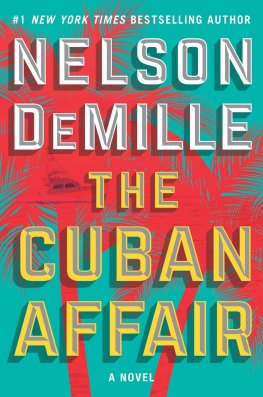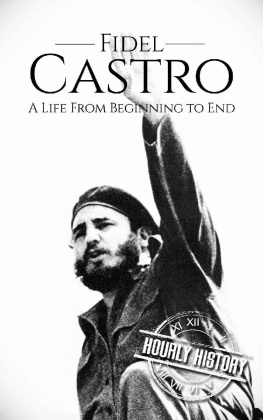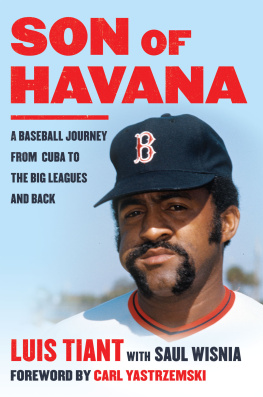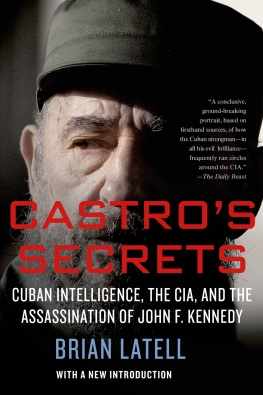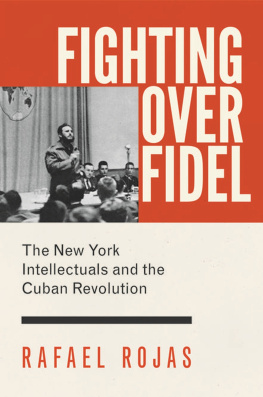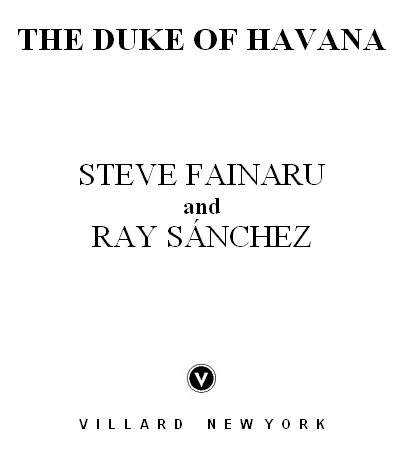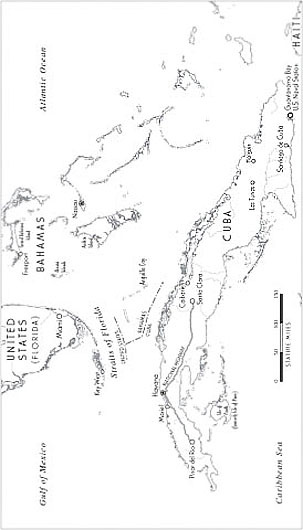Steve Fainaru - The Duke of Havana: Baseball, Cuba, and the Search for the American Dream
Here you can read online Steve Fainaru - The Duke of Havana: Baseball, Cuba, and the Search for the American Dream full text of the book (entire story) in english for free. Download pdf and epub, get meaning, cover and reviews about this ebook. year: 2001, publisher: Random House Publishing Group, genre: Detective and thriller. Description of the work, (preface) as well as reviews are available. Best literature library LitArk.com created for fans of good reading and offers a wide selection of genres:
Romance novel
Science fiction
Adventure
Detective
Science
History
Home and family
Prose
Art
Politics
Computer
Non-fiction
Religion
Business
Children
Humor
Choose a favorite category and find really read worthwhile books. Enjoy immersion in the world of imagination, feel the emotions of the characters or learn something new for yourself, make an fascinating discovery.

- Book:The Duke of Havana: Baseball, Cuba, and the Search for the American Dream
- Author:
- Publisher:Random House Publishing Group
- Genre:
- Year:2001
- Rating:4 / 5
- Favourites:Add to favourites
- Your mark:
The Duke of Havana: Baseball, Cuba, and the Search for the American Dream: summary, description and annotation
We offer to read an annotation, description, summary or preface (depends on what the author of the book "The Duke of Havana: Baseball, Cuba, and the Search for the American Dream" wrote himself). If you haven't found the necessary information about the book — write in the comments, we will try to find it.
The chronicle of El Duques triumph is at once a window into the slow death of Cuban socialism and one of the most remarkable sports stories of all time. Once hailed as a paragon of Castros revolution, the finest pitcher in modern Cuban history was banned from baseball for life for allegedly plotting to defect. Instead of accepting his punishment, he fearlessly fought back, defying the Communist party authorities, vowing to pitch again, and ultimately fleeing his country in the bowels of a thirty-foot fishing boat.
Here, for the first time and in astonishing detail, the secrets behind El Duques persecution and escape are revealed. Moving from the crumbling streets of post Cold War Havana to the polarized world of exile Miami, from the deadly Florida Straits to the hallowed grounds of Yankee Stadium, it is a story of cloak-and-dagger adventure, audacious secret plots, the pull of big money, and the historic collision of ideologies.
Present throughout are the larger-than-life characters who converged at this bizarre intersection of baseball and politics: El Duque himself, Fidel Castro, the Miami sports agent Joe Cubas, the late John Cardinal OConnor along with scouts, smugglers, and the Cuban ballplayers who gave up their lives as tools of socialism to test the free market and chase their major-league dreams.
Reported in the United States and Cuba by two award-winning journalists who became part of the story they were covering, The Duke of Havana is a riveting saga of sports, politics, liberation, and greed.
Steve Fainaru: author's other books
Who wrote The Duke of Havana: Baseball, Cuba, and the Search for the American Dream? Find out the surname, the name of the author of the book and a list of all author's works by series.

